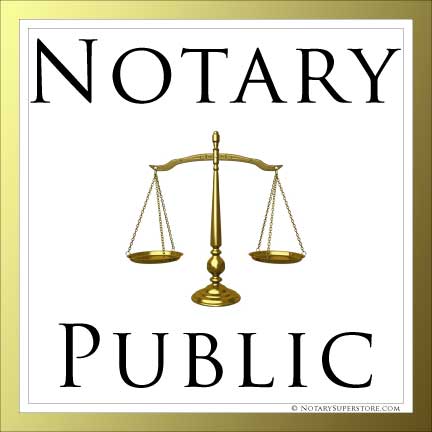Browsing DIRCO Needs: Conformity and Diplomatic Relations
Browsing DIRCO Needs: Conformity and Diplomatic Relations
Blog Article
Debunking Notarial Job: Simplifying the Function and Relevance of Notaries
In the intricate web of legal paperwork and confirmation, notaries stand as pillars of guarantee and credibility. Their function, typically shrouded in enigma for numerous, carries significant weight in making sure the legitimacy and honesty of crucial files. As guardians of legality and fact, notaries play a crucial part in our society, yet their work is not always fully understood. By deciphering the complexities shedding and bordering notarial techniques light on the relevance of their acts, a more clear understanding arises of the crucial function notaries play in supporting the fabric of legal and lawful agreements.
The History of Notarial Job
How did notarial work evolve over time to end up being an essential component of legal and business deals? The history of notarial job dates back to ancient civilizations, where scribes played a crucial function in recording vital information and authenticating papers. As cultures advanced, the need for a much more formalized system to ensure the credibility of arrangements developed. This led to the advancement of notaries, people designated by the state to serve as unbiased witnesses in lawful matters.
During the Middle Ages, notaries obtained prominence in Europe, with their features expanding to consist of composing legal files, licensing signatures, and protecting records. The rise of global trade further highlighted the importance of notarial operate in confirming contracts and contracts throughout boundaries.
In the contemporary age, notaries remain to play an essential duty in lawful and organization purchases by validating identifications, confirming the authenticity of documents, and stopping scams. Their function in licensing the legitimacy of arrangements includes a layer of protection and trust fund to the ever-evolving landscape of business and law.

Responsibilities and Responsibilities of Notaries
The historic development of notarial work from old human beings to the contemporary era has actually formed the distinct duties and responsibilities that notaries maintain in legal and organization deals today. Notaries play an important role in validating the authenticity of documents and the identification of signatories. Among their key obligations is to witness the finalizing of crucial files, such as wills, actions, and agreements, to make sure that all parties are becoming part of arrangements intentionally and voluntarily. Notaries also validate that notaries are of audio mind and not under pressure or coercion.
In addition, notaries are tasked with carrying out affirmations and oaths, which are important in lawful process and the implementation of affidavits. They certify copies of original papers, supplying guarantee to organizations that the copies are real replicas of the originals. Notaries should preserve precise records of all deals they manage to make certain transparency and liability. In general, the obligations and duties of notaries are crucial in safeguarding the integrity and legality of different files and deals.
Notarial Certificates and Signatures
Exhibiting thorough interest to information, notarial certifications and signatures serve as necessary elements in verifying the authenticity of legal records. Notarial certifications typically include essential info such as the day of registration, the names of the signatures, a summary of the record, and the notary's main seal. These certifications give a clear record of the notarial act, making certain that the document can be easily identified and mapped back to the notary who oversaw the procedure.
Signatures play a pivotal duty in notarial work, as they signify the arrangement and permission of the events included. Notaries very carefully witness the signing of documents to validate the identity of the signatures and verify that they are authorizing of their own free choice. By attaching their official seal and signature to the document, notaries accredit image source that the necessary treatments have been complied with and that the paper is enforceable and legitimate.
Basically, notarial certifications and signatures are the trademark of credibility in legal deals, giving assurance to all celebrations entailed that the files are reputable and binding.
Significance of Notarial Acts

Registration Process Discussed
Clarifying the notarization process supplies quality on the important actions included in validating legal papers. The notarization procedure generally begins with the private providing the record to a notary public. The notary then confirms the signer's identification through acceptable identification methods. When the identification is confirmed, the notary guarantees that the individual signing the record does so voluntarily and without any kind of threat.

Final Thought

Notarial certificates commonly Look At This contain vital details such as the date of notarization, the names of the notaries, a summary of the record, and the notary's official seal. These certificates give a clear record of the notarial act, making sure that the record can be easily recognized and mapped back to the notary that managed the procedure.
By attaching their main seal and trademark to the paper, notaries license that the essential procedures have actually been followed and that the file is enforceable and legitimate.
By validating the identification of the signatories, verifying their readiness to enter right into the arrangement, and licensing the day and area of the signing, notaries play an essential role in supporting the credibility of legal documents.After the document is authorized, the notary will certainly attach their official seal or stamp onto the file.
Report this page